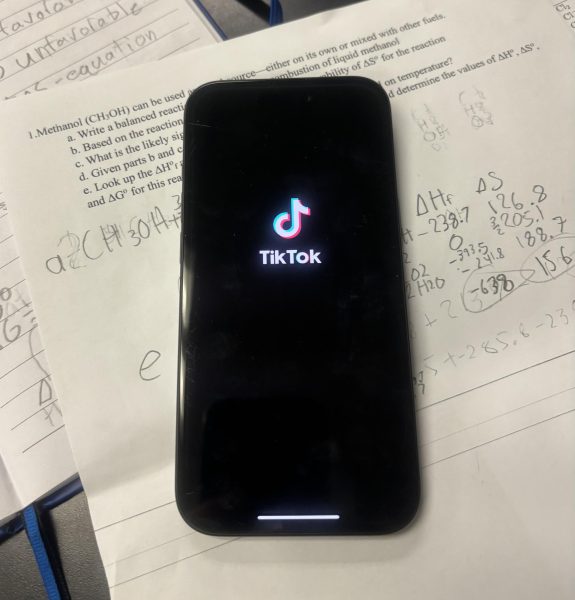Is class rank outdated?

Competition over class rank – how students compare academically with their peers – is having a major effect on the upperclassmen of Triton High school.
As students here are getting older and realizing there are so many different classes to explore, many want to try new course work . But, if the class does not offer an AP or honors level, then students may not choose to take it because only honors and AP-level classes offer a chance at a higher GPA, leading to a higher class rank.
The class ranking system “encourages students to choose courses for the wrong reasons,” Science department head Mr. Tom Horsely says. “All of you guys should be choosing courses because of what you’re interested in and not its perceived impact on GPA.”
The GPA, or grade point average, is defined as a number that indicates how high a student scored in thier courses on average. Class rank is determined by a mathematical summary of the student’s academic record compared to the other students in the class. It usually considers the level of difficulty and grade of the class when calculating the score. Some classes, including AP and honors, are worth an extra point going towards GPA, boosting a student’s class rank. Students trying to fight for the top spots in the class won’t usually consider taking classes that don’t offer that opportunity to increase their grade. This definitely limits course choices to students.
At the end of the day, colleges do look at class rank, if it is available to them, but are aware that it does not paint the full picture. GPA, test scores, grades and strength of curriculum are all things that colleges look at first before a student’s class rank. It is important to focus on school and keep grades up no matter what. Your class rank does not define you, and colleges know that.

Hi! My name is Zoe Rivera. I’m a junior at Triton High school. Outside of school I run track. I used to be a competitive gymnast but I switched to...









